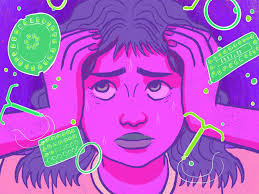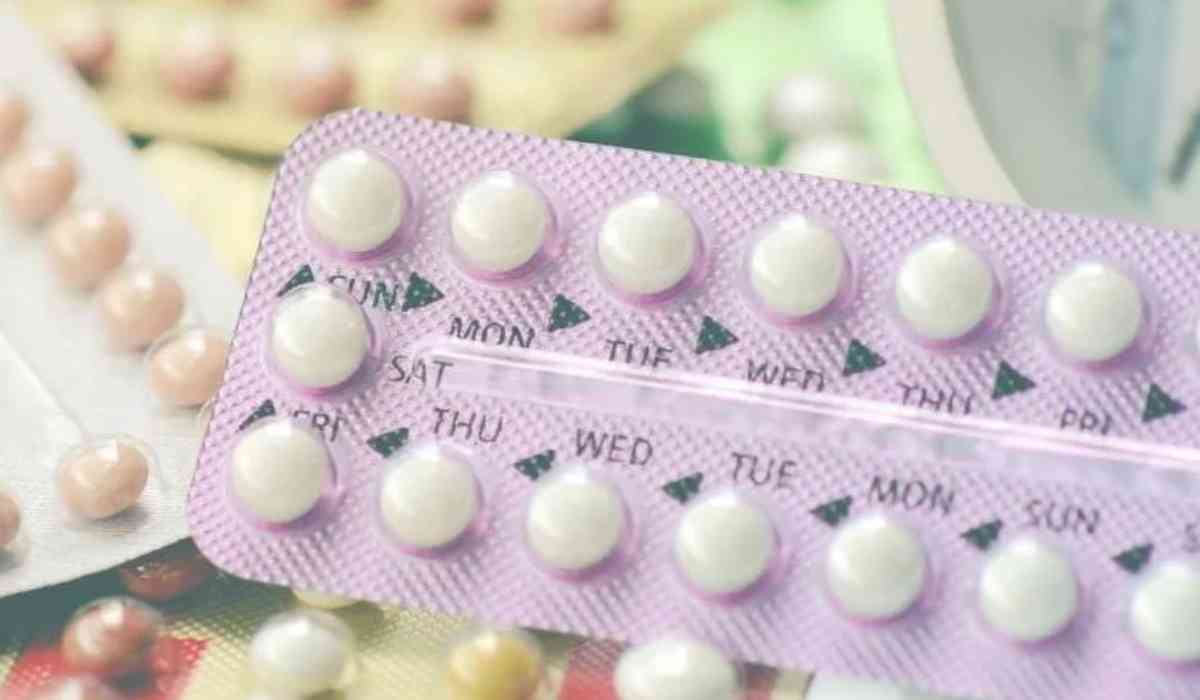The most severe and uncommon side effects of hormonal birth control, such as heart attack and stroke, are brought on by estrogen. Other less severe but nonetheless bothersome side effects of contraceptives, like nausea and headaches, are also caused by the hormone.

A current topic of study involves creating birth control that uses less estrogen while being effective. Researchers have discovered that reducing the amount of estrogen in typical contraceptives by 92 percent may still be able to prevent conception. This was discovered using a mathematical model.
Furthermore, a little amount of progesterone, another hormone used as a contraceptive, or even teenier quantities of the two hormones combined, may be sufficient to stop ovulation — if the medications are administered during a crucial period of the menstrual cycle, the researchers write in PLOS Computational Biology on April 13.
Many very successful contraceptive methods contain so much estrogen that some people, like those with a family history of breast cancer or high blood pressure, cannot use them. If it can be demonstrated in clinical studies that such modest levels of the hormone do, in fact, stop ovulation, then more patients at risk of serious side effects may have access to estrogen-based contraceptives.
The scientists simulated how regular doses of either progesterone or estrogen, at amounts comparable to those found in most popular birth control methods, could prevent ovulation throughout a menstrual cycle. The scientists then used a mathematical technique known as optimum control theory to establish the lowest concentration of estrogen or progesterone necessary to stop ovulation.
Just before an egg is released, 11 days after the start of the menstrual cycle, when just 8% of the estrogen is administered, the ovary does not release an egg. The team discovered that giving an even lower amount of progesterone and estrogen at that phase also blocked ovulation. According to the researchers, the dose might be administered as a shot or an implant.
©️ Vygr Media Private Limited 2022. All Rights Reserved.



















